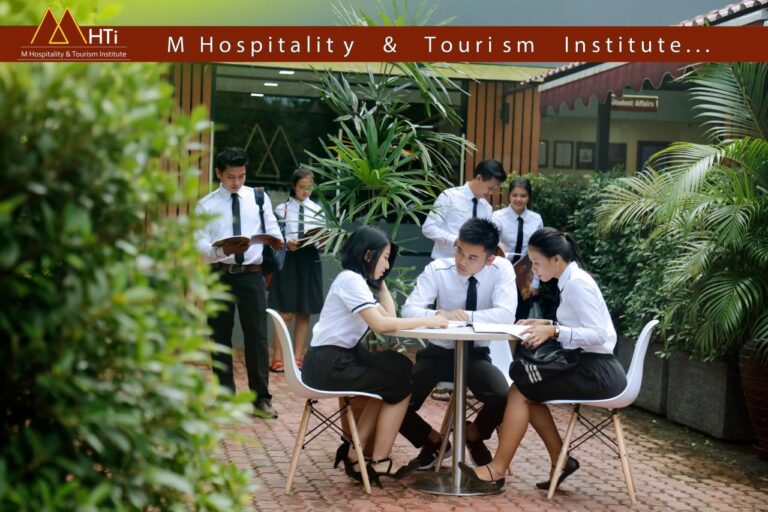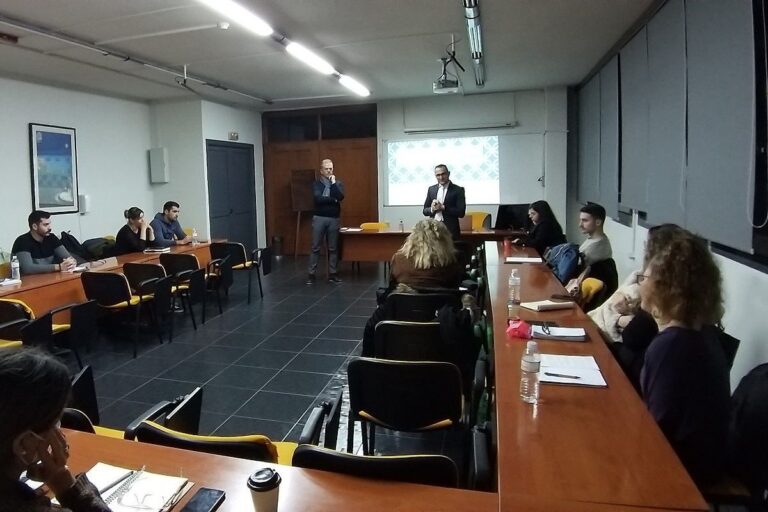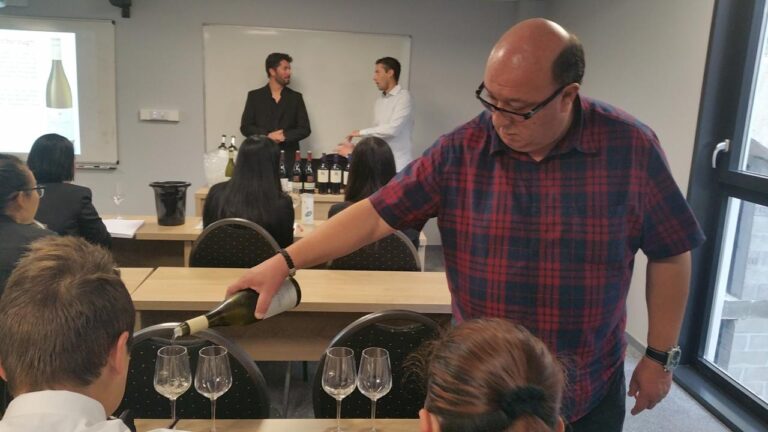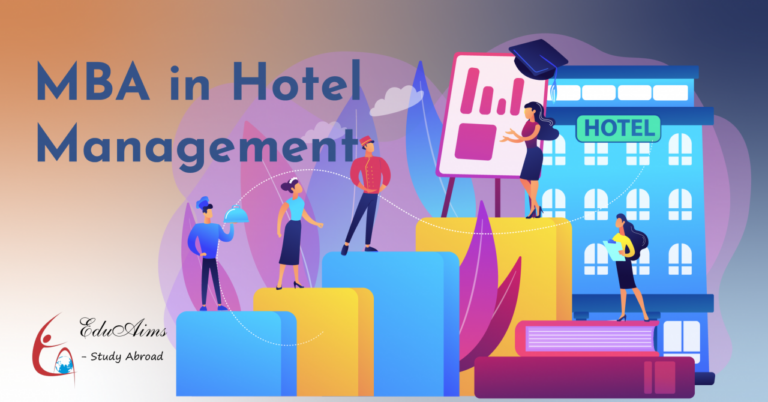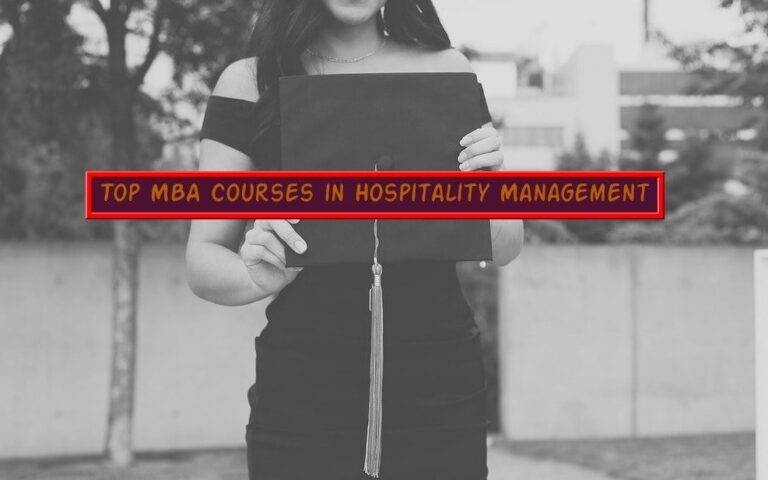Hospitality Leadership Online MBA Your Path to Success
Hospitality Leadership Online MBA programs offer a flexible and convenient pathway to career advancement in the dynamic hospitality industry. This innovative approach to higher education combines rigorous academic study with practical application, equipping graduates with the essential skills and knowledge to excel in leadership roles. Whether you’re aiming for a management position in a luxury hotel, a strategic role in a restaurant group, or a career in hospitality consulting, an online MBA can provide the competitive edge you need to thrive.
This comprehensive guide explores the curriculum, admission process, essential skills gained, faculty expertise, technological aspects of online learning, career paths, salary expectations, and networking opportunities associated with pursuing a Hospitality Leadership Online MBA. We’ll delve into the advantages of online learning compared to traditional classroom settings and provide valuable insights to help you make an informed decision about your future.
Program Overview

An online MBA in Hospitality Leadership offers a flexible and comprehensive education designed to equip professionals with the skills and knowledge necessary to excel in the dynamic hospitality industry. This program blends theoretical foundations with practical applications, preparing graduates for leadership roles across various sectors within the hospitality field.
Curriculum of an Online MBA in Hospitality Leadership
A typical curriculum for an online MBA in Hospitality Leadership encompasses a range of core business courses, complemented by specialized hospitality management subjects. Core courses might include accounting, finance, marketing, and strategic management. Hospitality-specific courses often cover areas such as revenue management, hotel operations, food and beverage management, tourism management, and hospitality law. Many programs also incorporate experiential learning components, such as case studies, simulations, and potentially even short, intensive on-site visits depending on the program structure.
The specific course offerings will vary depending on the institution and its program design.
Career Advancement Opportunities
Graduates of an online MBA in Hospitality Leadership program are well-positioned for a variety of career advancements. Potential roles include general managers of hotels, resorts, or restaurants; regional managers overseeing multiple properties; directors of operations; revenue managers; and leadership positions in hospitality consulting firms. The advanced business acumen and specialized hospitality knowledge gained through the program make graduates highly competitive candidates for senior-level positions.
Furthermore, the program can provide a solid foundation for entrepreneurship within the hospitality sector, enabling graduates to launch their own businesses.
Comparison of Online and On-Campus MBA Learning Experiences
Online MBA programs offer significant flexibility, allowing students to study at their own pace and location, accommodating busy work schedules and other commitments. This contrasts with the traditional on-campus experience, which requires a fixed schedule and physical presence. However, online programs may require a higher degree of self-discipline and motivation. While on-campus programs offer opportunities for direct interaction with professors and peers, fostering collaboration and networking, online programs often leverage technology to facilitate interaction through virtual classrooms, discussion forums, and online networking platforms.
The learning experience is ultimately shaped by individual learning styles and preferences. Both formats offer valuable education, but their delivery methods cater to different needs and learning styles.
Comparison of Three Online MBA Programs in Hospitality Leadership
The following table compares three hypothetical online MBA programs in Hospitality Leadership. Note that tuition costs, program length, and specialization offerings are subject to change and should be verified directly with the respective institutions. This data is illustrative and should not be considered definitive.
| Program Name | Tuition Cost (USD) | Program Length (Months) | Specializations |
|---|---|---|---|
| Example University A | $50,000 | 24 | Hotel Management, Food & Beverage |
| Example University B | $60,000 | 18 | Tourism Management, Resort Operations |
| Example University C | $45,000 | 24 | Sustainable Hospitality, Event Management |
Admission Requirements and Application Process
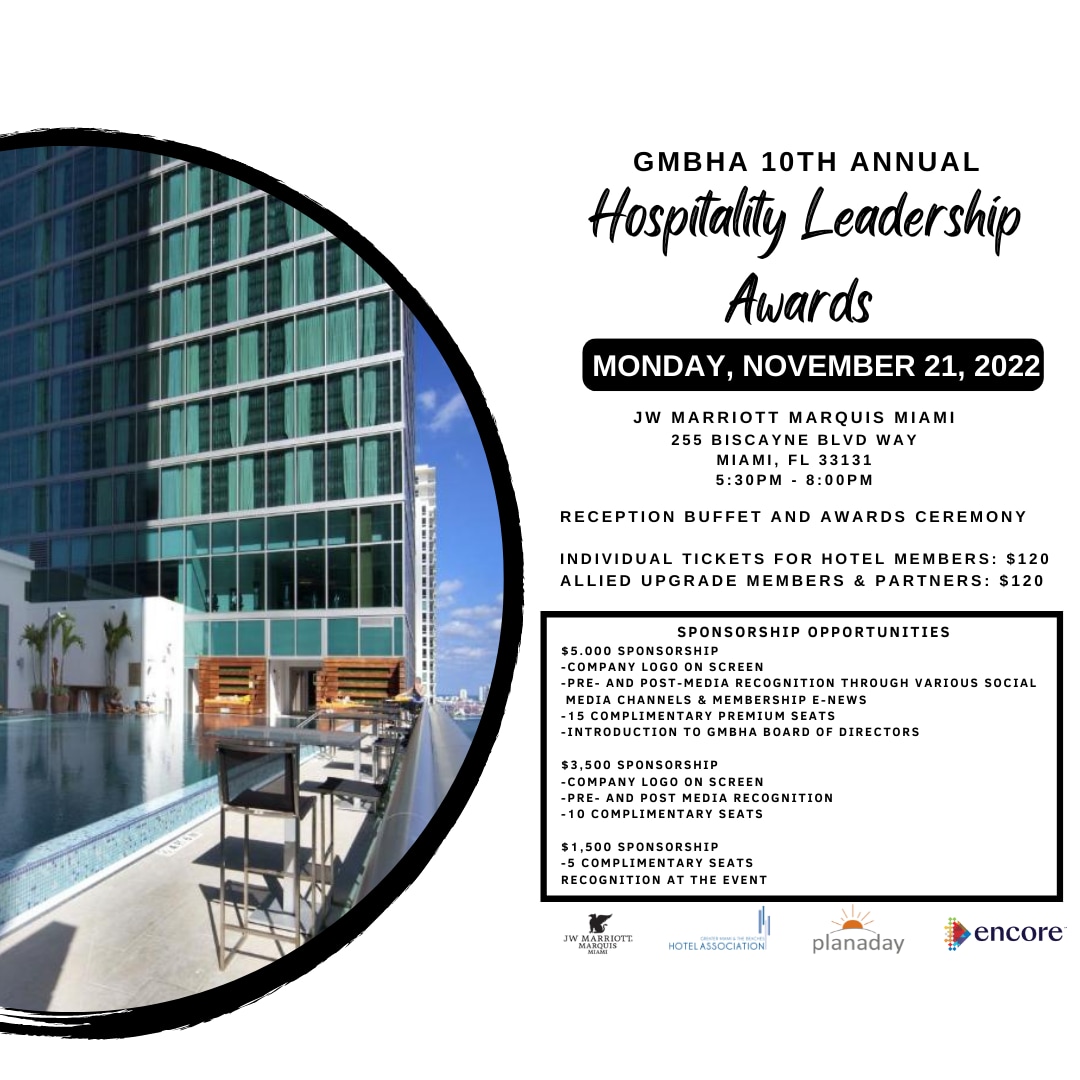
Gaining admission to our online Hospitality Leadership MBA program is a straightforward process designed to assess your qualifications and potential for success. We seek candidates with a strong academic background, relevant experience, and a clear vision for their future in the hospitality industry. The following details the requirements and steps involved in the application process.Admission Requirements for the Online Hospitality Leadership MBA Program typically include a bachelor’s degree from an accredited institution, a minimum GPA (often 3.0 or higher), professional experience in the hospitality or a related field (the number of years varies by program), and GMAT or GRE scores (although some programs may waive this requirement based on other qualifications).
Strong letters of recommendation that speak to your leadership abilities and professional potential are also usually required. Finally, a well-written application essay outlining your career goals and how this program will help you achieve them is crucial. Specific requirements may vary slightly depending on the institution.
Application Process Steps
The application process is designed to be clear and efficient. It generally involves submitting an online application form, providing official transcripts from all previously attended colleges and universities, submitting GMAT or GRE scores (if required), providing professional references who will submit letters of recommendation on your behalf, and composing and submitting a personal essay.
Essay Writing and Recommendation Letters
The application essay serves as an opportunity to showcase your writing skills, articulate your career aspirations, and demonstrate your understanding of the hospitality industry. A compelling essay should highlight your experiences, accomplishments, and the reasons why you are a strong candidate for this program. It should also clearly articulate how this MBA will advance your career goals. Recommendation letters, ideally from supervisors or professors who can speak to your leadership skills, work ethic, and academic capabilities, provide an external perspective on your qualifications.
These letters should corroborate the information you present in your application and essay.
Sample Application Timeline
A realistic timeline for completing the application process might look like this:
- Weeks 1-2: Research programs, gather required documents (transcripts, recommendation requests).
- Weeks 3-4: Complete the online application form and submit transcripts.
- Weeks 5-6: Prepare and submit GMAT/GRE scores (if required) and request recommendation letters.
- Weeks 7-8: Write and revise your application essay.
- Week 9: Submit your completed application.
- Weeks 10-12: Await admission decision.
Note: This timeline is an example and may vary depending on individual circumstances and program deadlines.
Application Checklist
To ensure a smooth application process, we recommend using the following checklist:
- Obtain official transcripts from all previously attended colleges and universities.
- Register for and take the GMAT or GRE (if required).
- Identify and contact potential recommenders, providing them with the necessary information and deadlines.
- Draft and refine your application essay, focusing on your career goals and how this program will help you achieve them.
- Complete the online application form accurately and thoroughly.
- Review all submitted documents for accuracy and completeness before final submission.
- Submit your application before the deadline.
Essential Skills and Knowledge Gained
Our online Hospitality Leadership MBA program is designed to equip you with the essential skills and knowledge necessary to excel in today’s dynamic hospitality industry. This program goes beyond theoretical knowledge, focusing on practical application and development of crucial competencies for leadership roles. You will gain a comprehensive understanding of hospitality management, enhancing your ability to navigate complex challenges and drive organizational success.This program provides a robust foundation in both technical and soft skills, recognizing their equal importance in achieving leadership excellence within the hospitality sector.
The curriculum balances theoretical learning with real-world case studies and simulations, preparing graduates for immediate impact in their chosen roles.
Key Skills Developed
This program fosters the development of a diverse range of skills crucial for success in hospitality leadership. These skills are categorized for clarity and to highlight their interconnectedness in achieving effective management.
- Leadership Skills: Strategic decision-making, team building and motivation, conflict resolution, change management, mentoring and coaching, performance management.
- Communication Skills: Effective verbal and written communication, active listening, public speaking, intercultural communication, negotiation and persuasion.
- Analytical and Strategic Thinking Skills: Data analysis, problem-solving, critical thinking, strategic planning, forecasting, risk management.
- Operational Skills: Project management, process improvement, resource allocation, quality control, supply chain management, inventory management.
Knowledge Gained in Specific Areas
The curriculum provides in-depth knowledge across key areas of hospitality management. This knowledge is directly applicable to real-world scenarios, allowing graduates to immediately contribute to their organizations.
- Revenue Management: Understanding and applying revenue management principles, including pricing strategies, yield management, forecasting demand, and optimizing revenue streams. For example, students learn to utilize data analytics to predict peak seasons and adjust pricing accordingly to maximize profitability.
- Operations Management: Managing all aspects of hospitality operations, from staffing and scheduling to procurement and maintenance. This includes developing efficient processes, improving operational efficiency, and ensuring guest satisfaction. For instance, students learn best practices in managing a hotel’s front desk operations to minimize wait times and maximize guest satisfaction.
- Marketing in the Hospitality Industry: Developing and implementing effective marketing strategies for attracting and retaining customers. This includes understanding digital marketing, social media marketing, branding, and customer relationship management (CRM). For example, students learn how to create targeted advertising campaigns to reach specific demographic groups and increase bookings.
Technical Skills vs. Soft Skills
Both technical and soft skills are vital for success in hospitality leadership. While technical skills provide the foundational knowledge and expertise in areas like revenue management and operations, soft skills are crucial for effective communication, teamwork, and leadership. A strong leader possesses a balance of both, using technical expertise to inform strategic decisions and soft skills to effectively communicate and implement those decisions.
For example, a manager might use their technical understanding of revenue management to set pricing strategies, but their soft skills are essential in communicating those strategies effectively to the team and motivating them to achieve the targets. The program therefore emphasizes a holistic approach, developing both sets of skills concurrently.
Faculty Expertise and Industry Connections

A successful online MBA program hinges not only on a robust curriculum but also on the caliber of its faculty and the strength of its industry connections. Our program prioritizes both, ensuring that students receive a high-quality education directly applicable to real-world scenarios and providing them with valuable networking opportunities to launch successful careers. This synergy between academic excellence and practical experience is a cornerstone of our program’s design.Faculty expertise is vital for delivering a relevant and engaging learning experience.
Our professors are not merely academics; they are seasoned professionals with extensive experience in their respective fields, bringing real-world insights and case studies to the classroom. This practical approach ensures that students are not just learning theories, but also developing the critical thinking and problem-solving skills necessary to succeed in the dynamic hospitality industry.
Faculty Expertise in Curriculum Application
The expertise of our faculty translates into a curriculum rich in practical applications. For example, our module on Revenue Management incorporates real-world case studies from leading hotel chains, analyzed and discussed by a professor with over 20 years of experience in hotel revenue optimization. Similarly, our module on sustainable hospitality practices features guest lectures from industry leaders who have spearheaded successful sustainability initiatives, offering students firsthand accounts of challenges and triumphs.
This hands-on approach ensures that the theoretical concepts are grounded in real-world experience, making the learning process more meaningful and effective.
Benefits of Industry Connections for Students
Strong industry connections offer students numerous benefits, extending far beyond the classroom. These connections provide invaluable networking opportunities, allowing students to connect with potential employers, mentors, and industry leaders. Many of our faculty members maintain active roles in their respective industries, providing students with access to a wide network of professionals.Furthermore, our program facilitates internships and other experiential learning opportunities with partner organizations.
These opportunities allow students to apply their classroom knowledge in a professional setting, gain practical experience, and build their professional network. Past partnerships have included collaborations with leading hotel chains, hospitality management companies, and tourism agencies, providing diverse placement opportunities for our students.
Hypothetical Graduate Profile: Success Through Mentorship and Networking
Consider Sarah, a graduate of our online MBA program. During her studies, Sarah actively engaged with her professors, particularly Dr. Lee, a renowned expert in hospitality marketing. Dr. Lee’s mentorship guided Sarah in developing her marketing strategy for her final project, a comprehensive plan for a boutique hotel launch.
This project, combined with her internship at a luxury resort facilitated by the program’s industry connections, significantly enhanced her resume. The networking opportunities provided through the program allowed Sarah to secure a high-level marketing position with a prominent hotel chain immediately after graduation, exceeding her initial career aspirations. Her success is a testament to the power of faculty mentorship and strong industry connections in shaping a successful career trajectory.
Technological Aspects of Online Learning: Hospitality Leadership Online MBA
Our online Hospitality Leadership MBA program leverages cutting-edge technology to deliver a dynamic and engaging learning experience, mirroring the innovative spirit of the hospitality industry itself. This section details the technological tools we employ, the advantages and challenges inherent in online learning, strategies for success, and a specific example of the technology used to facilitate your learning journey.Successful completion of this program requires effective utilization of various technologies.
Understanding the tools and techniques involved will contribute significantly to your overall learning experience and professional development.
Technological Tools and Platforms
The program utilizes a Learning Management System (LMS), a central hub for course materials, assignments, communication, and assessments. This platform typically features interactive modules, video lectures, discussion forums, and integrated assessment tools. In addition, we utilize video conferencing software for live sessions with faculty and classmates, fostering a collaborative learning environment. Specialized hospitality industry software may also be integrated, providing hands-on experience with tools used in real-world settings.
Finally, access to online libraries and research databases provides comprehensive resources for scholarly work and project development.
Advantages and Challenges of Online Learning
Online learning offers several advantages over traditional classroom settings. The flexibility to learn at your own pace and schedule, from any location with an internet connection, is a significant benefit for working professionals. The asynchronous nature of much of the coursework allows for greater self-directed learning and improved time management. Access to a diverse range of resources and perspectives, both through the online materials and the geographically dispersed student body, further enhances the learning experience.However, challenges exist.
Self-discipline and effective time management are crucial for success. The lack of face-to-face interaction can sometimes hinder collaboration and spontaneous learning discussions. Reliable internet access and technological proficiency are also essential prerequisites for seamless participation. Overcoming these challenges requires proactive engagement and utilization of the support systems provided by the program.
Strategies for Effective Time Management and Online Learning Engagement
Effective time management is paramount in online learning. Creating a dedicated study space, establishing a consistent schedule, and breaking down large assignments into smaller, manageable tasks are key strategies. Active participation in online discussions, timely submission of assignments, and proactive communication with instructors are crucial for staying engaged and on track. Utilizing the LMS’s calendar and reminder features can help maintain organization and avoid missed deadlines.
Regular breaks and self-care are equally important to prevent burnout and maintain focus.
Example: Virtual Classroom Software Functionality, Hospitality leadership online MBA
Our program utilizes a leading virtual classroom platform, such as Zoom or Blackboard Collaborate. This software provides features including interactive whiteboards for collaborative note-taking and problem-solving, screen sharing for presentations and demonstrations, breakout rooms for small group discussions, and integrated chat functions for real-time communication. The ability to record sessions allows for review and catch-up for students who miss a live class or need to revisit material.
These features replicate many aspects of a traditional classroom environment while enhancing accessibility and flexibility.
Networking and Professional Development
Success in the dynamic hospitality industry hinges significantly on strong professional networks and continuous personal development. This online MBA program is designed not only to equip you with the necessary business acumen but also to foster the development of crucial networking skills and provide pathways for ongoing professional growth. Building and maintaining these connections is vital for career advancement, access to opportunities, and long-term success within the field.Networking opportunities are abundant and multifaceted within this program.
The collaborative online learning environment facilitates interaction with peers from diverse backgrounds and experiences, creating a rich network of potential colleagues and mentors. Furthermore, the program’s emphasis on industry connections provides access to guest speakers, workshops, and potentially even internships, all contributing to the expansion of your professional network.
Networking Opportunities for Online MBA Students
This program offers several avenues for developing a robust professional network. Online discussion forums and group projects encourage collaboration and relationship building amongst students. Virtual networking events and online seminars provide opportunities to connect with alumni, faculty, and industry professionals. The program also facilitates participation in industry conferences and events, allowing for both online and in-person networking.
Finally, access to an online alumni directory allows for continued engagement and connection with graduates after completion of the program.
Strategies for Building Professional Relationships
Building strong professional relationships requires a proactive and strategic approach. Online, consistent engagement in program forums, active participation in online discussions, and sharing relevant industry insights are key. Offline, attending industry events, participating in alumni gatherings, and seeking mentorship opportunities are crucial. It’s also vital to cultivate genuine relationships based on mutual respect and shared professional goals.
Remember to follow up after meetings and maintain consistent communication to nurture these valuable connections.
Post-Graduation Professional Development Plan
A well-defined plan for continued professional development is crucial for long-term success. This might include pursuing specialized certifications, such as a Certified Hotel Administrator (CHA) or a Certified Restaurant Manager (CRM), depending on your career path. Continuing education opportunities, such as attending industry workshops, webinars, or short courses, can keep your skills updated and relevant. Active participation in professional organizations, like the American Hotel & Lodging Association (AHLA) or similar organizations in your region, provides further opportunities for networking and professional growth.
Regularly reviewing and updating your resume and LinkedIn profile is also vital for showcasing your skills and achievements to potential employers. Finally, actively seeking mentorship from experienced professionals in the field can provide invaluable guidance and support throughout your career journey. For example, a recent graduate might seek mentorship from a seasoned hospitality executive to gain insights into strategic leadership.
Final Wrap-Up
Embarking on a Hospitality Leadership Online MBA journey is an investment in your future success. By carefully considering the program curriculum, admission requirements, and career prospects, you can make a strategic choice that aligns with your professional goals. Remember to leverage the networking opportunities, utilize the available technological resources, and actively engage with faculty and industry professionals to maximize your learning experience and career trajectory.
The hospitality industry awaits your leadership!
Key Questions Answered
What are the typical prerequisites for an online Hospitality Leadership MBA?
Prerequisites usually include a bachelor’s degree, relevant work experience (often in hospitality), GMAT or GRE scores (sometimes waived), and letters of recommendation.
How long does it typically take to complete an online Hospitality Leadership MBA?
Program lengths vary, but many online MBA programs can be completed in 18-24 months, depending on the program structure and course load.
Are there scholarships or financial aid options available for online MBA programs?
Yes, many universities offer scholarships, grants, and loan options for online MBA students. It’s recommended to check directly with the university’s financial aid office for available options.
What is the difference between a concentration in hospitality management and a general MBA with a hospitality focus?
A concentration in hospitality management provides a more specialized curriculum focused exclusively on the hospitality industry, while a general MBA with a hospitality focus allows for broader business knowledge with some hospitality-specific electives.
What kind of technology support is typically offered to online MBA students?
Most programs provide technical support via email, phone, and online help desks to assist students with any technological issues encountered during their studies.
